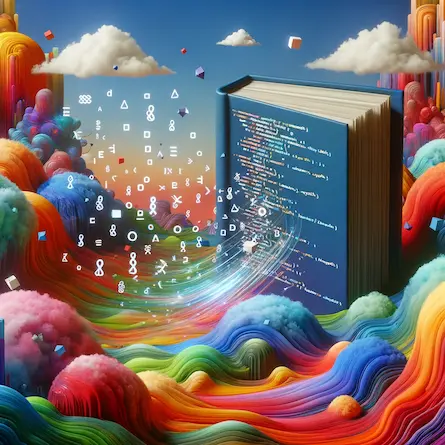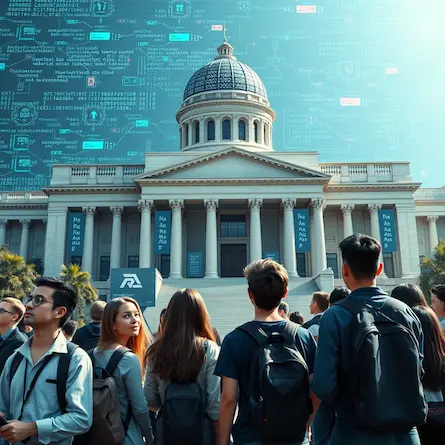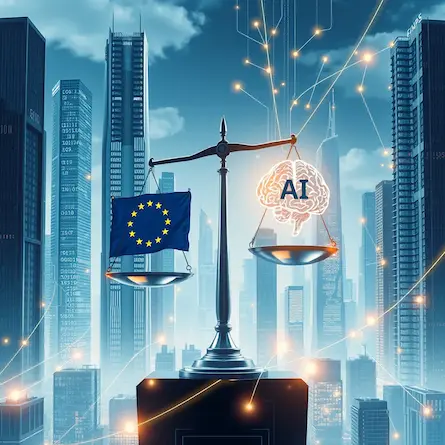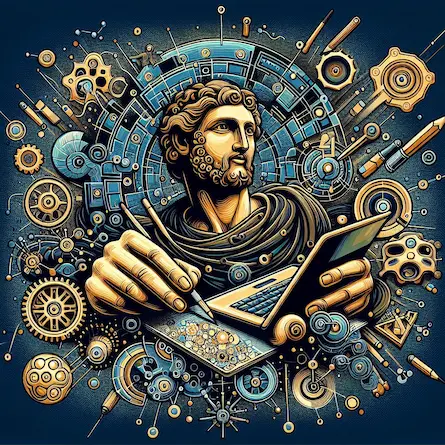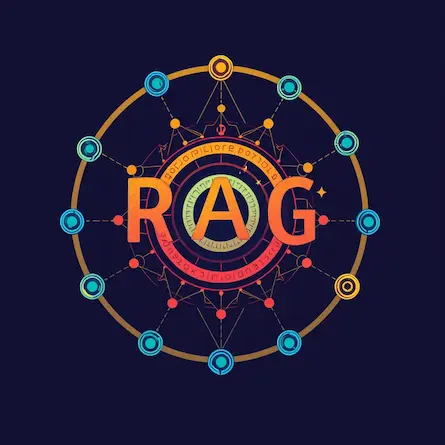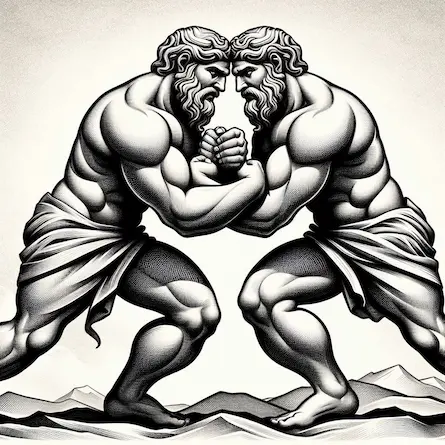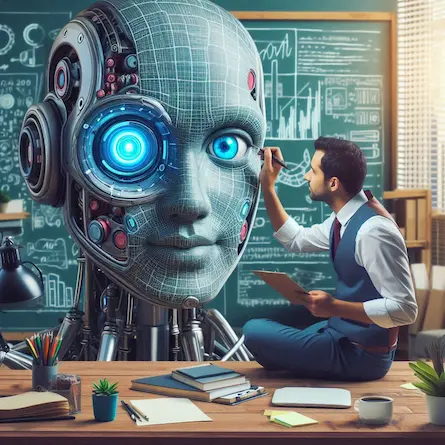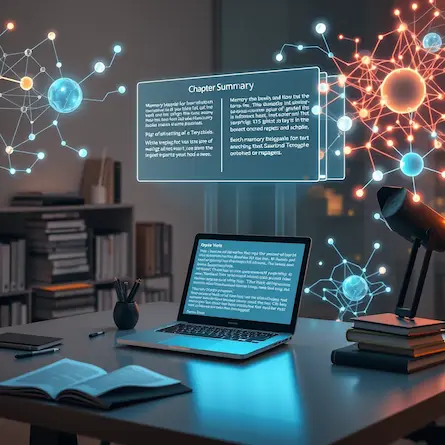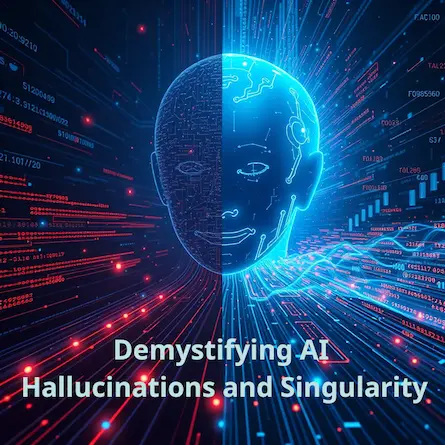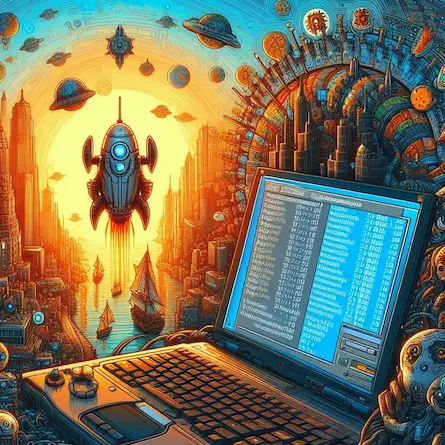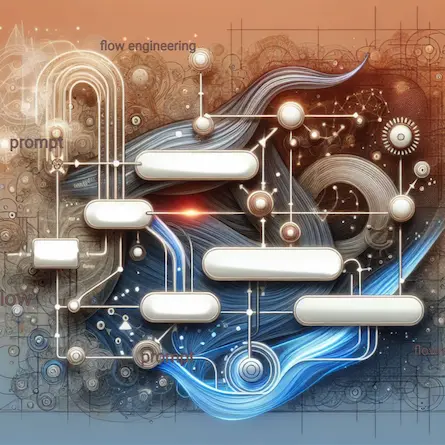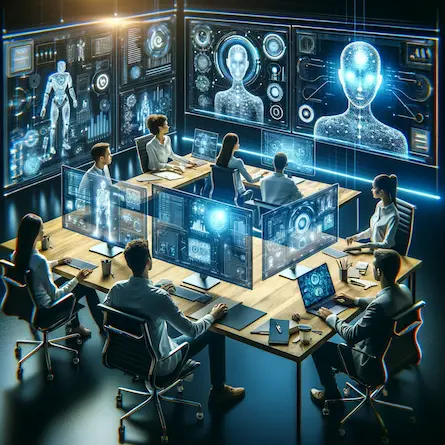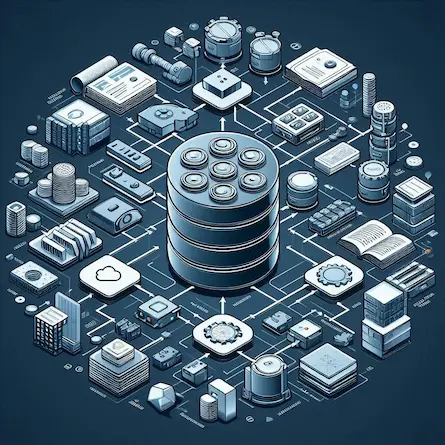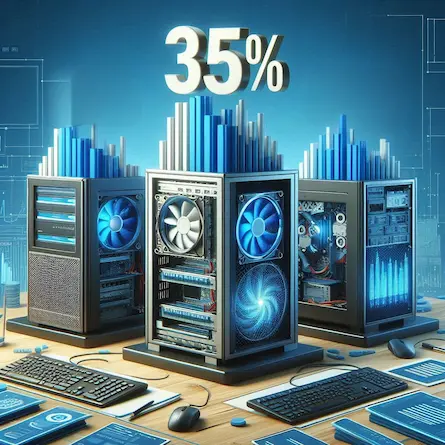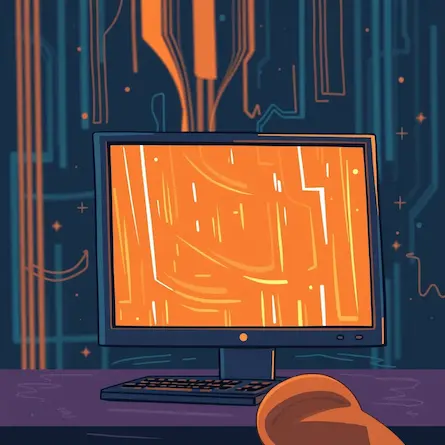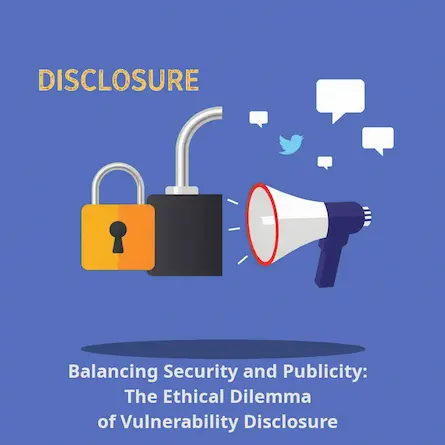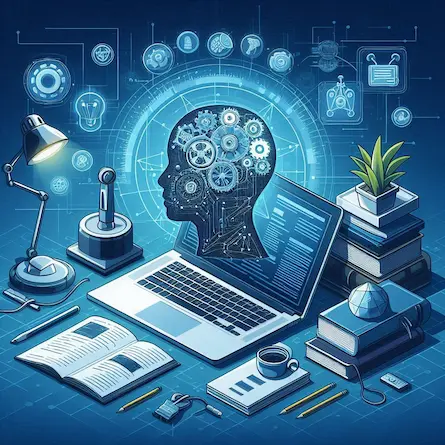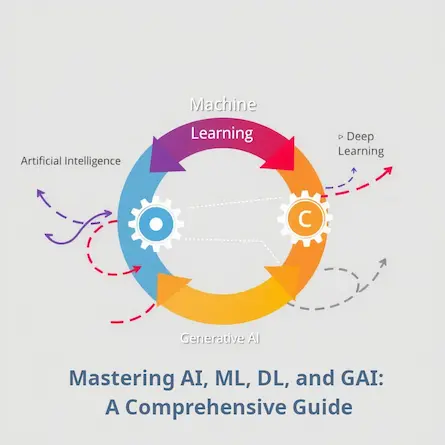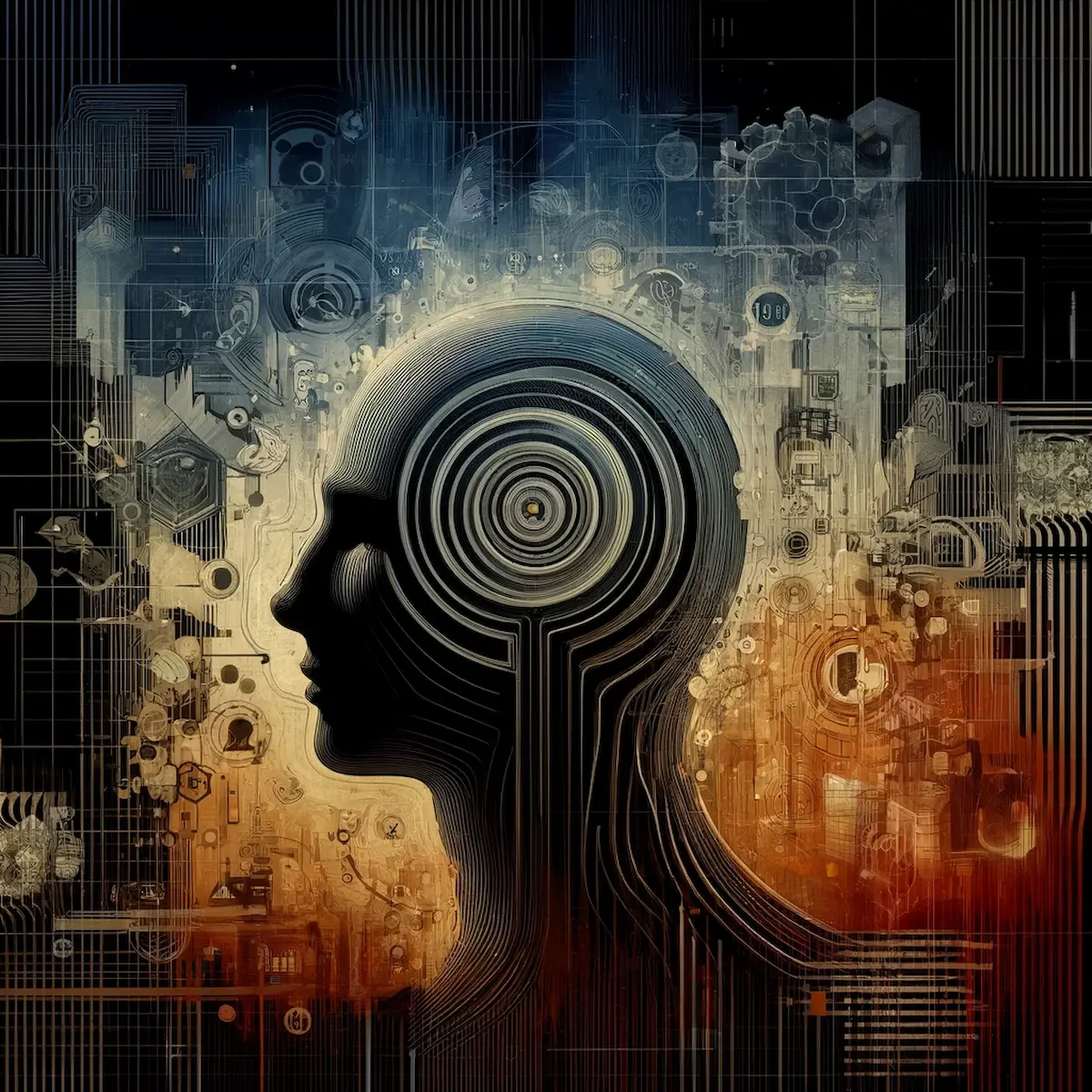
AI-Invoked Fears: Unpacking Creators' Mixed Reactions to AI
- Ctrl Man
- Technology , Society , AI
- 21 Apr, 2024
AI-Invoked Fears: Unpacking Creators’ Mixed Reactions to AI
Introduction
The forward march of artificial intelligence (AI) and robotics is rewriting the script of societal norms and economic structures. Comparable to the disruptive shift from equine power to mechanized transport, AI’s advance triggers a similar, multifaceted emotional and pragmatic response. Our exploration dives into the heart of the debates, assessing fears over economic displacement, ethical quandaries, and the invasiveness of AI.
Job Displacement Fears
The specter of job displacement due to AI and robotics continues to loom large, reminiscent of how automobiles once rendered carriage drivers obsolete. Today, AI not only threatens traditional roles like truck drivers and journalists but also heralds the inception of specialized careers in AI ethics, focusing on the technology’s ethical implications and governance. This paradox highlights both the peril and promise brought about by these advancements.
Loss of Human Element
AI’s encroachment into areas requiring emotional depth—such as art, literature, and music—sparks intense debates over the soulfulness of AI-generated content. Critics contend that while AI can mimic creative processes, it cannot replicate the genuine human spirit imbued in true artistic works, fostering an environment where the fear of a soulless artistic landscape looms. This contention ignites a broader discourse on the intrinsic value of human creativity in the age of machines.
Ethical and Quality Control Issues
In AI, we find a mirror reflecting not only our ingenuity but also our flaws. Algorithmic biases, the specter of misinformation, and the challenge of maintaining quality in a flood of AI-generated content stir ethical anxieties. The nascent field of AI ethics grapples with these conundrums, seeking a balance between technological progress and the safeguarding of societal norms. Ethicists in AI become the new guardians at the crossroads of morality and machine, charting a course for responsible AI stewardship.
Depersonalization and Surveillance
The adoption of AI in surveillance and data analysis raises the specter of a surveillance state, evoking Orwellian visions. The concern pivots on privacy erosion, with individuals becoming mere data points in an omnipresent, AI-driven monitoring apparatus. These systems, while championing safety and efficiency, kindle fears over the loss of anonymity and the sanctity of personal experience.
Resistance to Change
Each technological revolution encounters the inertia of tradition and the skepticism of its contemporaries. AI and robotics, in disrupting the status quo, naturally attract resistance. This resistance is not solely reactionary; it encapsulates genuine concern for preserving the intangible human qualities that technology cannot replicate. Philosophical and cultural apprehensions thus emerge, catalyzing a discourse on the preservation of humanity amidst the relentless tide of progress.
Economic and Power Dynamics
AI is the modern-day Prometheus, but instead of fire, it brings a concentration of power and capital. As AI reshapes markets, those at the helm—the tech giants and AI innovators—stand to gain disproportionately. This asymmetry fans the flames of economic inequality, engendering fear among smaller entities and individuals who struggle to keep pace with the AI revolution.
Democratization of Knowledge and Expertise
An overlooked facet of AI is its potential to democratize knowledge and expertise. AI could dismantle ivory towers of learning, distributing once-gatekept information across wider social strata. This democratization may unnerve traditional bastions of power, but it also promises to empower the masses with unparalleled access to information and learning, flattening entrenched hierarchies and fostering a more equitable dissemination of knowledge. Individuals and small businesses can now tap into resources that were once exclusive to those with deep pockets or extensive education in the field.
Conclusion
The progression from traditional coding to AI-assisted development marks a pivotal change in the software industry. It is an evidence for the power of AI in amplifying human ingenuity and democratizing innovation. The success of the underlines this evolution, demonstrating that with AI, individual creators can achieve widespread impact, nurturing the human element at the heart of innovation.
AI and robotics, for all their promise of a reshaped world, invoke a spectrum of fears and ethical considerations. To navigate this landscape, understanding and addressing these multifaceted concerns is paramount. With balanced development and thoughtful oversight, we can harness AI to enhance society while preserving the essence of our humanity. The quest is to mold an AI-augmented future that honors our shared values and collective well-being, ensuring that the dawn of AI begets not only innovation but also equity and compassion.
